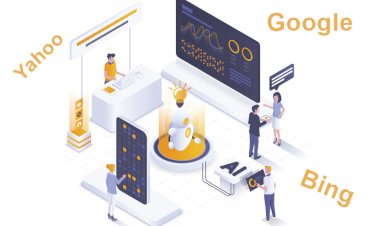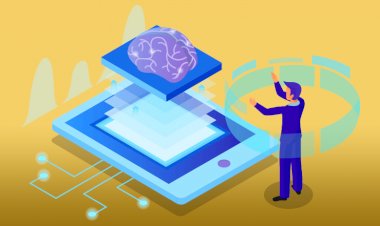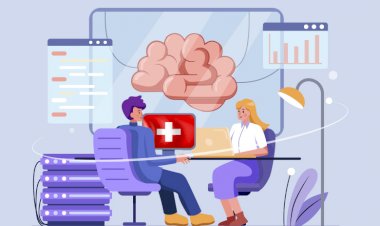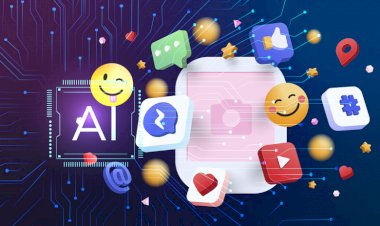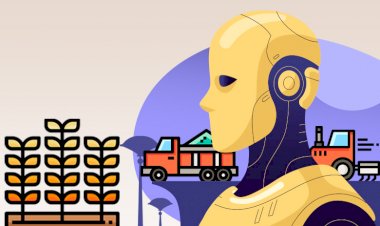How Can AI and Quantum Computing Be Used in the Economy of Developing Nations?
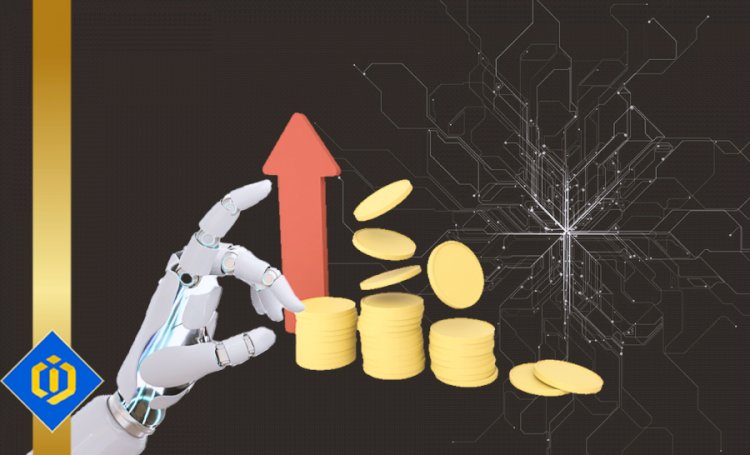
It is becoming more and more obvious that quantum computing and artificial intelligence will be major drivers of economic growth in developing nations in Asia and Africa. These nations can increase wealth, enhance quality of life, and transform their economies by utilizing these technologies in key areas.
Here are some ways that developing nations can use AI and quantum computing to encourage economic development.
1. Agriculture: By examining data on soil health, weather patterns, and other factors, AI and quantum computing can assist farmers in maximizing crop yields. Drones with AI can check on the health of crops, and weather forecasting will be more accurate thanks to quantum computing. The supply chain can be made more transparent by using blockchain technology, which will also help farmers access new markets and get fair prices for their goods.
2. Healthcare: Especially in rural areas with limited access to healthcare, AI can assist in the diagnosis of diseases and offer remote consultations. The development of more precise models of disease progression using quantum computing can aid in the improvement of therapeutics and vaccines. Blockchain technology can also be applied to the secure storage and exchange of medical records, enhancing patient outcomes and lowering healthcare costs.
3. Financial Services: AI and quantum computing can assist financial institutions in creating more precise risk models, which will enhance their capacity for investment decision-making. The optimization of trading algorithms using quantum computing can lower risk and boost returns. Blockchain technology can also be used to lower transaction costs and broaden financial inclusion, particularly for those without access to conventional banking services.
4. Energy: AI and quantum computing are able to optimize the production and distribution of energy, which can help to lower costs and increase dependability. For instance, quantum computing and artificial intelligence (AI) both contribute to better energy storage efficiency. Additionally, a decentralized energy market can be established using blockchain technology, allowing for the production and exchange of renewable energy by communities and individuals.
5. Education: In areas where there are teacher shortages, AI and quantum computing can help increase access to education. Platforms for education powered by artificial intelligence (AI) can change to meet the needs of each student, delivering individualized learning opportunities. As a way to enhance educational outcomes and cut costs, quantum computing can also be used to optimize course materials and delivery.
Investments in talent development and infrastructure are crucial if developing nations are to fully realize the benefits of AI and quantum computing. This entails developing the infrastructure needed to support AI and quantum technologies as well as training a skilled workforce in these fields. The adoption of these technologies can also be accelerated and the benefits can be distributed more widely with the help of cooperation with developed nations and tech companies.
In conclusion, AI and quantum computing have the potential to revolutionize underdeveloped nations in Asia and Africa, spurring economic growth and raising standards of living. These nations can create new opportunities, generate wealth, and give their people a better future by utilizing these technologies in key sectors like agriculture, healthcare, financial services, energy, and education. Developing talent, building infrastructure, and working with the international community are all important investments that will lead to success.
The adoption and application of AI and quantum computing technologies present special difficulties for developing nations, it is also important to note. These difficulties include a lack of resources, poor infrastructure, and a talent shortage. However, there are steps that these nations can take to get around these obstacles and benefit from these technologies.

 content-team
content-team 


